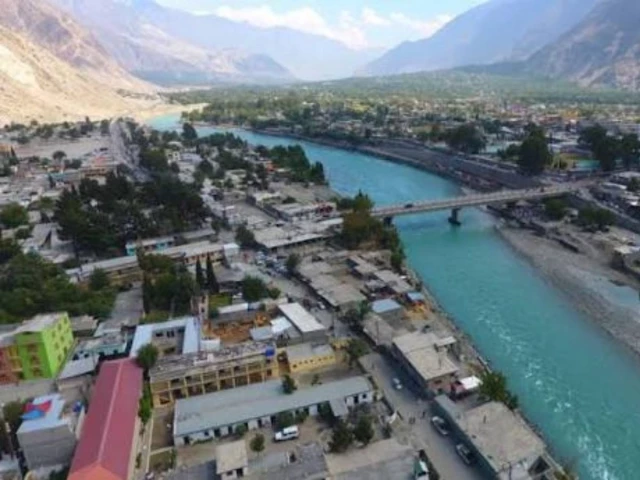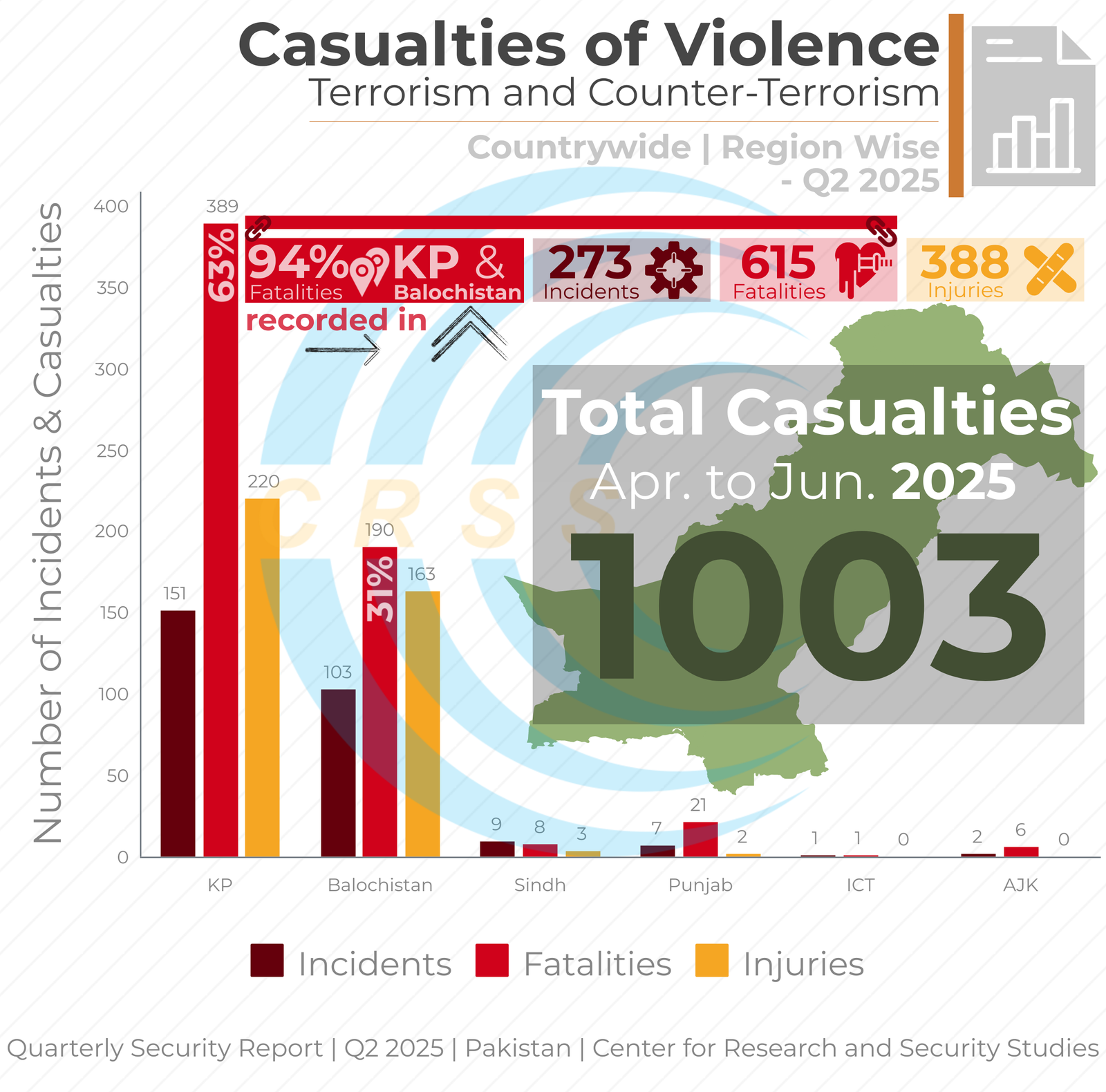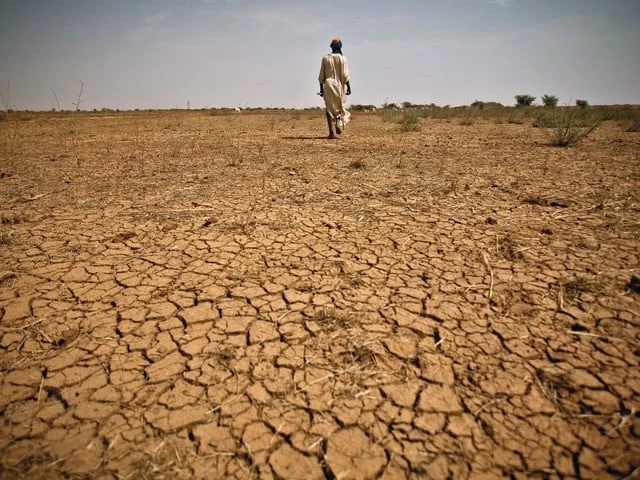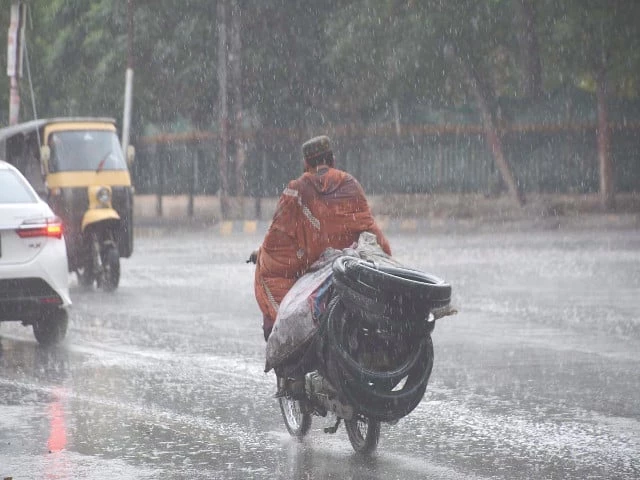Digital Scams in Gilgit-Baltistan: A Cautionary Tale
When Shazia Nazir, a housewife from Gilgit, decided to invest Rs500,000 into an online platform she stumbled upon on Facebook, she thought she was stepping into a world of financial freedom. Promising daily profits and risk-free investing, the app dazzled her with professional graphics and live charts. But one morning, it vanished—along with her entire savings.
“I thought it was genuine,” Shazia says, her voice barely above a whisper. “Now, I can’t access it. My money is gone.”
Shazia’s experience is one shared by many in Gilgit-Baltistan, a region now tragically known for falling prey to digital financial scams. Nestled among towering peaks, this once serene area is now grappling with cybercrime that capitalizes on the dreams of its people.
The Growing Threat in Gilgit-Baltistan
In recent years, residents have faced a surge of scams, including the notorious Whale International Binance. Thousands of locals were lured in by promises of quick returns on investments. “People were told they could make easy money just by inviting others,” recalls Afaq Ahmed, a local resident. As excitement grew, so did the investments—until the platform suddenly disappeared, leaving losses estimated at Rs3.90 crore.
These scams thrive on the region’s low digital literacy, especially among older individuals and homemakers. While younger generations are getting tech-savvy, they often lack awareness of online security. The COVID-19 pandemic accelerated not just internet access but also the rise of fraud.
How Scammers Operate
Most online scams follow a predictable playbook:
-
Launch and Advertise: Create a flashy platform and promote it on social media using false testimonials.
-
Build Trust: Allow small withdrawals initially to build credibility.
-
Block Withdrawals: Once larger sums are invested, they suddenly introduce “technical issues.”
- Vanish: Finally, the app disappears, and all funds go with it.
Through deceptive practices like fake endorsements and high-pressure tactics, these schemes create a false sense of security—only to send families into financial turmoil when they collapse.
The Human Cost
The fallout from these scams is devastating. Stories of loss fill local WhatsApp groups and Facebook pages. Many victims, like a schoolteacher from Skardu who lost Rs200,000, were swayed by potential passive income. “Everyone was doing it,” he lamented. “I thought it was the future.”
For families in a region where monthly incomes hover between Rs20,000 and Rs40,000, losing even a fraction of their savings can spell disaster. Some even turned to loans, hoping for quick returns.
The Need for Better Oversight
As Pakistan’s digital finance landscape has expanded, regulatory efforts have lagged. Many scammers operate overseas or exploit cryptocurrencies, making recovering lost funds nearly impossible. A financial analyst noted that the lack of coordination between regulators hampers efforts to protect citizens from these cons.
Building Digital Resilience
To combat these scams, experts suggest:
-
Stronger Regulations: Investment platforms need to be registered with credible authorities.
-
Public Awareness Campaigns: Regular educational campaigns in local languages can inform citizens about the risks.
-
Verification Tools: Telecom companies and banks could offer resources to verify investment platforms.
- Community Education: Local schools and NGOs should promote digital literacy programs.
What You Can Do
If you suspect an investment opportunity is a scam, take these precautions:
- Verify its licensing.
- Stay away from unrealistic promises of profits.
- Research extensively and check user reviews.
- Test withdrawal options before committing large sums.
- Report any fraudulent activity to local authorities.
A Cautionary Reminder
Gilgit-Baltistan’s residents are known for resilience against natural adversities, but digital scams pose an entirely new threat. For individuals like Shazia, the experience serves as a hard lesson in the importance of due diligence.
As Pakistan continues to navigate toward a cashless future, the need for digital safety, awareness, and trust is more critical than ever. Remember, if something online seems too good to be true, it probably is.
Stay alert, stay informed, and safeguard your financial dreams. If you’re interested in learning more about secure investment options, consider connecting with Pro21st for expert insights and support.
At Pro21st, we believe in sharing updates that matter.
Stay connected for more real conversations, fresh insights, and 21st-century perspectives.





